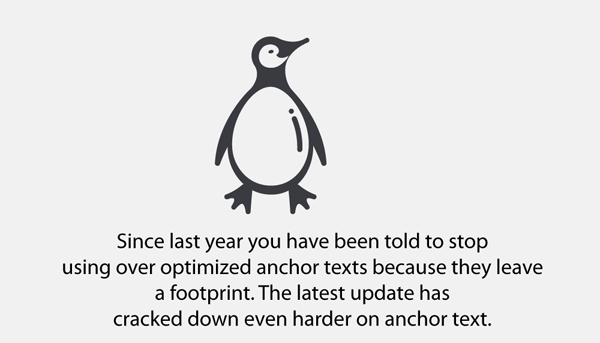Penguin 3.0 - What Really Happened?

Penguin 3.0 rolled out a few weeks ago and according to some sources, it may still be in the process of being updated internationally. Preliminary reports indicate that less than 1 percent of English queries were affected by that latest update.
If you have a site that was hit with a previous Penguin penalty, your site may not have recovered this time around even if you took all the recommended steps to re-establish your website. Likewise, if you have been living on the edge with you link building tactics, you may have also made it safely through the latest update. Considering both of those statements; was this just an over-hyped refresh and not an actual update?
As an SEO professional, I manage numerous client sites in additional to several test sites that allow us to cut through the hype and see what the data is telling us. Based upon what we are seeing, here is what you need to be doing if you are not already.
Anchor Text
Since last year you have been told to stop using over optimized anchor texts because they leave a footprint. The latest update has cracked down even harder on anchor text.
i
Here is what you need to keep in mind moving forward:
- Avoid exact match anchors unless you are getting one from a super-authority site.
- Partial match anchor text can be used but you need to really mix up the anchors.
- Stop using the Google Keyword Planner to find terms related to your keyword and using them as anchors, it leaves an obvious footprint.
- URLs, brand name and generic anchors should account for around 97-99 percent of your anchor text.
Finding Back Links
Just like anchor text, your back link profile needs to be diverse. Relevant links are more important now than ever in the past but, there are still plenty of exceptions to this rule. If you are looking for safe but effective links, here are a few places to get them post Penguin 3.0.
Local Citations:
Local citations give you a good variation of follow/no-follow links, they come from trusted sites, and they are pretty easy to get. They are not the powerhouse links that will help you dominate your competition but as part of the big picture, they are a great addition.
Trusted/Authority Sites:
Trusted/Authority Sites - This is one of the exceptions to relevancy. If you can get a link from a government agency, college or trusted news site, ALWAYS take the opportunity. The more trust and authority your website has, the more you can get away with and the less likely you are to get hit by a penalty.
Relevant Links:
Relevant Links - since Google is trying to move away from anchor texts to decide what your website is about, it is important to get links from within relevant content. A few years ago people started mentioning co-citation in which you would put a relevant keyword near a generic anchor text. Getting a link from an entire article that is about your topic is like co-citation on steroids and it will allow you to rank without over-optimizing your anchor text and increasing your risk of being penalized.
Final Thoughts on Penguin 3.0
As you can see, the steps you need to take to rank after the latest updates are not really new or ground breaking. The big difference is that now you need to follow the methods above more closely than you have in the past and if you are not sure where to start, seek some professional advice before you damage your site beyond repair.









